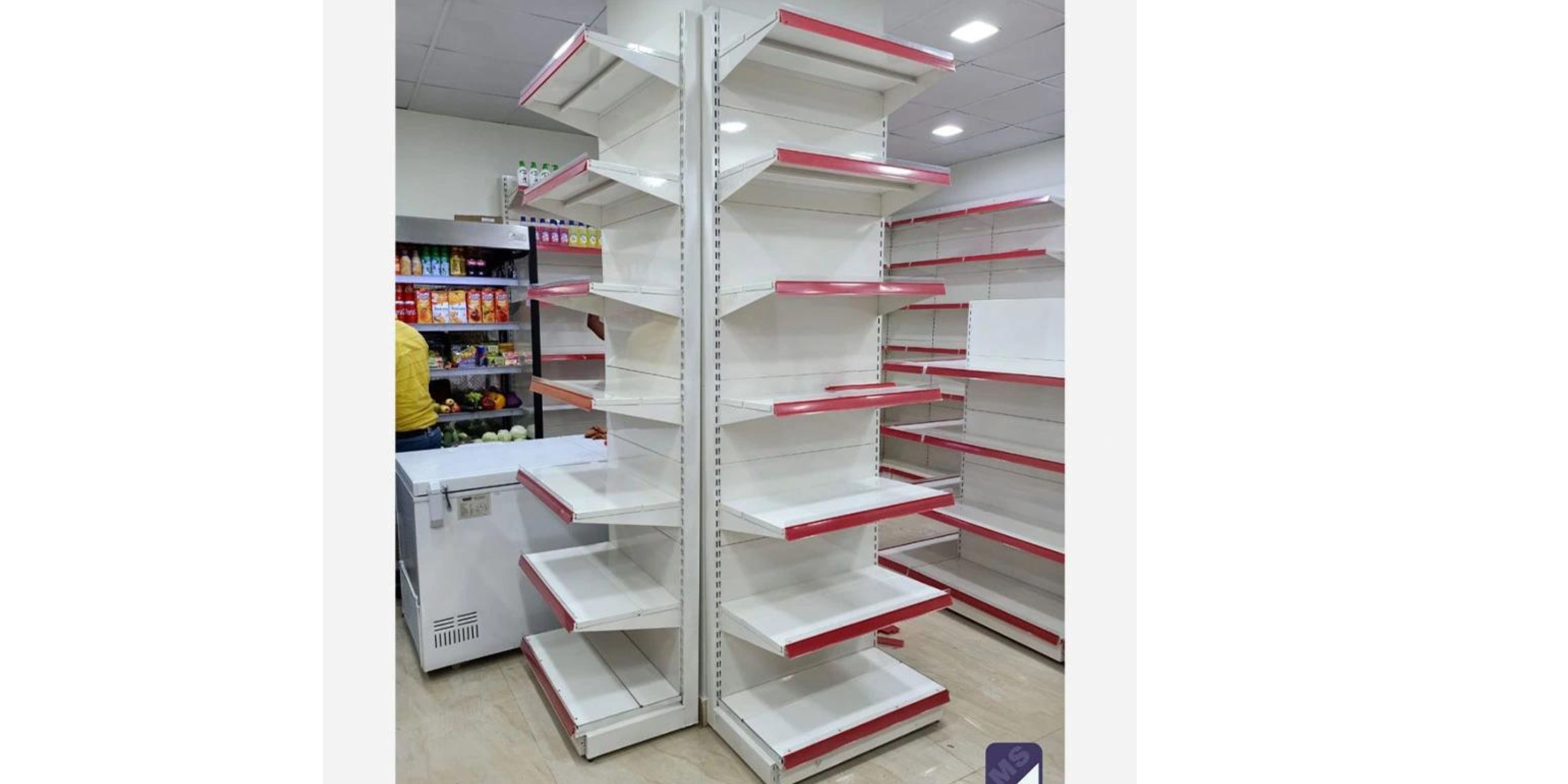
4 minute read
How Do Supermarket Rack Manufacturers Reduce Waste in Their Production Process?
Have you ever wondered how the shelves and racks in your favorite supermarket are made? Supermarket Rack Manufacturers are the companies responsible for creating these racks. But it’s not just about making products. Many of these manufacturers are also working hard to protect the environment. Let’s find out how they do this!
What Is Waste Reduction in Manufacturing?
Let’s start with the basics.
Waste reduction is about using fewer resources and creating less trash. In manufacturing, this means finding ways to make products more efficiently and responsibly.
Why Is Waste Reduction Important for Supermarket Rack Manufacturers?
Supermarket Rack Manufacturers create the shelves and displays in stores. Reducing waste is important for several reasons:
Protecting the Environment: Less waste means fewer landfills and less pollution.
Saving Resources: Efficient use of materials conserves resources like wood, metal, and plastic.
Reducing Costs: Cutting waste can lower production costs, which might lead to lower prices for customers.
1. Using Efficient Design Practices
Good design is the first step to reducing waste.
Optimized Designs: Supermarket rack manufacturers create designs that use materials effectively. This means they plan designs to minimize waste.
Advanced Software: They use design software to create models that show the best way to use materials.
2. Recycling Scrap Materials
Recycling is a big part of waste reduction.
Material Collection: Supermarket Rack Makers collect scrap metal, wood, or plastic during production.
Recycling Programs: These scraps are sent to recycling centers where they are processed and reused.
3. Improving Production Efficiency
Making the production process more efficient helps reduce waste.
Lean Manufacturing: This method focuses on streamlining processes to cut down on waste.
Training: Workers learn best practices for reducing waste and using materials effectively.
4. Using Recycled and Eco-Friendly Materials
Choosing the right materials is key to being eco-friendly.
Recycled Materials: Supermarket Shelving Suppliers often use recycled materials like old metal or plastic.
Sustainable Sources: When new materials are needed, they choose ones from responsible sources.
5. Designing for Longevity and Reusability
Creating products that last and can be reused is another waste reduction strategy.
Durable Products: Supermarket Rack Manufacturers design racks to be strong and long-lasting.
Repairable Designs: Some racks can be repaired instead of replaced.
6. Minimizing Packaging Waste
Reducing packaging waste is another important task.
Eco-Friendly Packaging: Manufacturers use packaging materials that are recyclable or made from recycled materials.
Efficient Packing: They work to use less packaging while still keeping the racks safe during shipping.
7. Implementing Waste Management Programs
Good waste management practices help reduce waste.
Waste Audits: Supermarket Rack Suppliers conduct audits to see where waste is coming from and how to reduce it.
Waste Reduction Goals: They set targets for reducing waste and track their progress.
Example: A company might aim to cut waste by 10% and work on strategies to reach that goal.
8. Supporting Circular Economy Practices
Circular economy practices help keep resources in use longer.
Reusing Materials: Supermarket Rack Makers might take back old racks to refurbish or recycle them.
Design for Disassembly: Racks are made so they can be taken apart and parts can be reused or recycled.
Example: A manufacturer might offer a take-back program for old racks to recycle or refurbish them.
How Can You Support Waste Reduction Efforts?
You can help support manufacturers of supermarket racks that are working to reduce waste.
Choose Eco-Friendly Manufacturers: Look for Manufacturers of Supermarket Racks that use recycled materials and follow good waste practices.
Support Sustainable Products: Buy racks that are made to last and can be repaired.
Example: When shopping for racks, choose companies that have green certifications and use recycled materials.
Conclusion
To wrap up, Makers Supermarket Rack is making significant strides in reducing waste and promoting environmental sustainability. They achieve this through efficient designs, recycling materials, and using eco-friendly resources. They also focus on creating durable products and minimizing packaging waste.
By supporting these manufacturers and their green practices, you can help make a positive impact on the environment. Your choices matter, and opting for companies that are dedicated to sustainability can lead to a healthier planet for everyone.
Thank you for learning about how Supermarket Shelving Suppliers work to reduce waste. Together, we can all contribute to a greener future!



